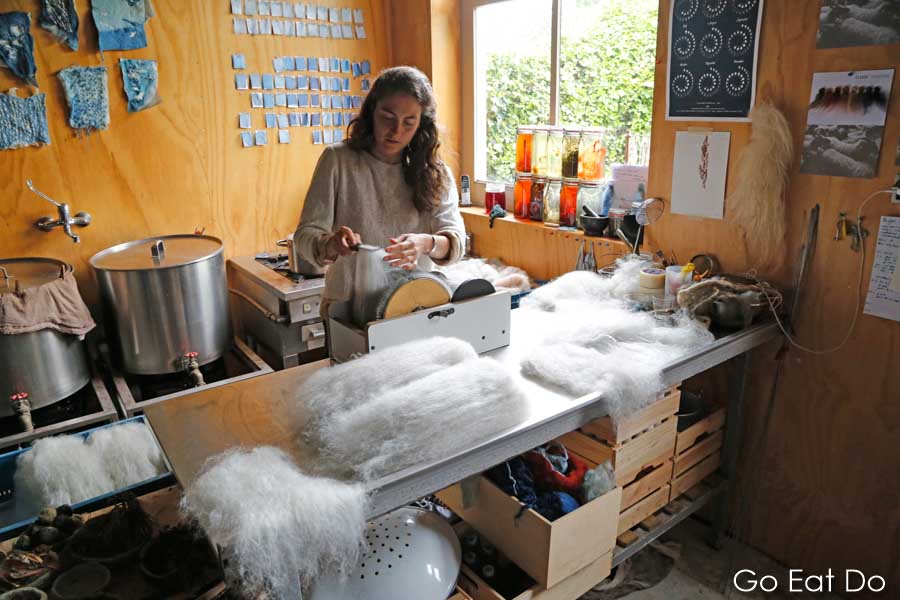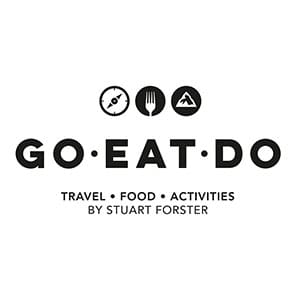Stuart Forster presents a profile of artist Claudy Jongstra.
Claudy Jongstra is a Dutch artist who says that her objective is “working towards a better world and a circular, inclusive economy through art.” Jongstra’s studio is at Spannum in Friesland, the Netherlands.
Artworks by Claudy Jongstra have featured in the likes of the Fries Museum (Frisian Museum) in Leeuwarden and the San Francisco Museum of Modern Art. Fields of Transformation, a triptych more than 16 metres wide, is displayed within the University of Pennsylvania’s Moelis Grand Reading Room. Jongstra’s works are characterised by the utilisation of natural colours and textured fibres from rare Drenthe Heath sheep.

Art as part of an environmental vision
You’ll find a flock of around 250 of Europe’s oldest breed of sheep grazing in Friesland. If the flock of Drenthe Heath sheep expanded the local heathland would grow. Should their number decline then the forest would begin to cover a greater area. The sheep have a significant impact on the landscape in which they live, so maintaining balance is important. Examine Jongstra’s working practices and you will quickly learn that she exhibits an environmental awareness and commitment to the community.
It’s within Friesland that Jongstra has interests in a farm, De Kreake. The rural property plays a key role in the activities and philosophy of Farm of the World, a cultural foundation that places an emphasis on sustainability: it was initiated by Jongstra, Gitta Luiten and Claudia Busson.
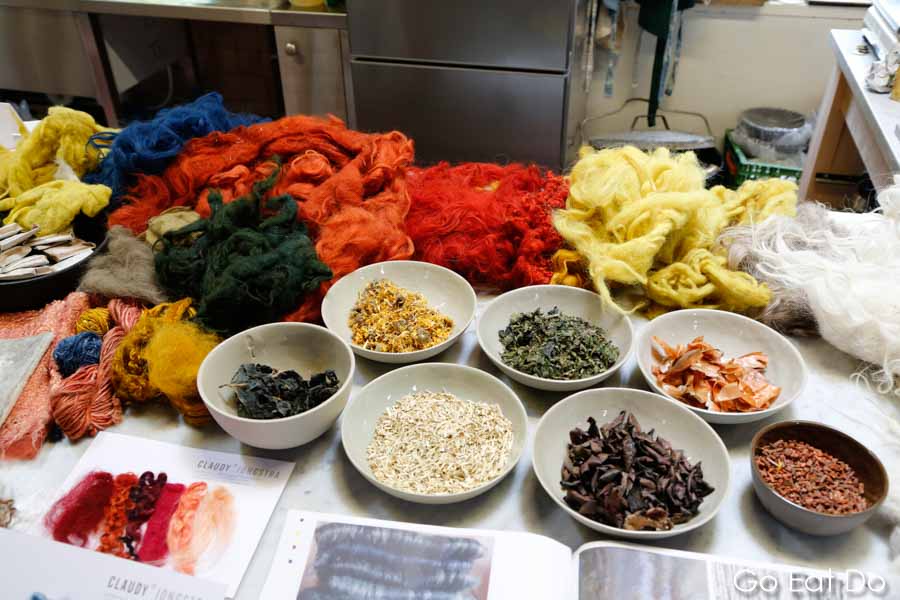
Organic growth at De Kreake
De Kreake stands at Húns, a handful of kilometres west of Leeuwarden and due south of Dronrijp — the village in which renowned artist Lawrence Alma-Tadema was born. Dyer’s camomile and true indigo count among the plants grown organically on the farm. They — and natural pigments that would be recognisable to Golden Age artists and Alma-Tadema — are used to produce the dyes used by Jongstra and her creative associates.
Visit the farm and you’ll see several young people at work. Some of them have struggled to find a path in life elsewhere. To coincide with Leeuwarden-Friesland being a 2018 European Capital of Culture, De Kreake is hosting several events, including yoga sessions and the ‘Food for Thought’ lecture series.
At Spannum, a few kilometres southwest of Húns, you can find the Farm of the World studio. Students from around the globe compete for prestigious apprenticeships. The property has a compact garden and a medicinal-smelling workshop in which plants are dried and treated to create dyes. Wool is carded and brushed to straighten wool fibres that will be utilised in artworks. Coloured wool is strewn on tables in the workshop across the yard where works are painstakingly created. Hues and textures are central to Jongstra’s artworks.
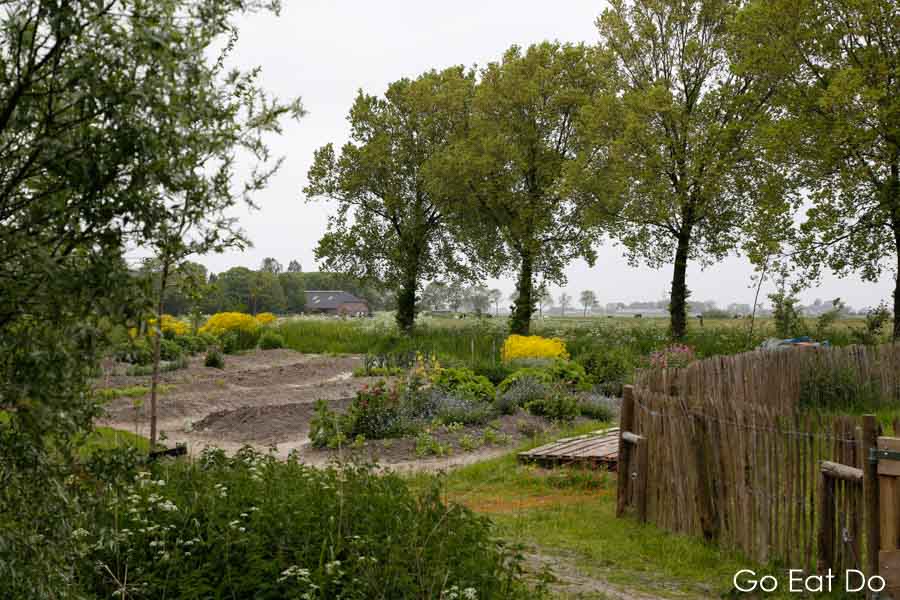
Woven Skin in New York
Woven Skin has been billed as ‘the first of Jongstra’s murals to come off the wall’. The immersive installation features 60 natural wool artworks from Drenthe Heath sheep. During May the work was exhibited in the cavernous post-industrial setting of Waste No Waste Factory, a former sugar production unit in Groningen. Reminiscent of animal pelts hanging on metal racks and stretching for 48 metres, Woven Skin, is accompanied by a discordant soundtrack. One of the stated aims of the work is to promote dialogue “on the relationship between ecological equilibrium and material culture.”
The work — in common with De Kreake — invites people to consider and enter the debate about agricultural production methods. During September 2018 Woven Skin will be displayed in New York City, as part of Climate Week, then at the Stone Barns Center for Food and Agriculture at Pocantico Hills. In 2020 Woven Skin will be exhibited at the Museum De Lakenhal in Leiden.
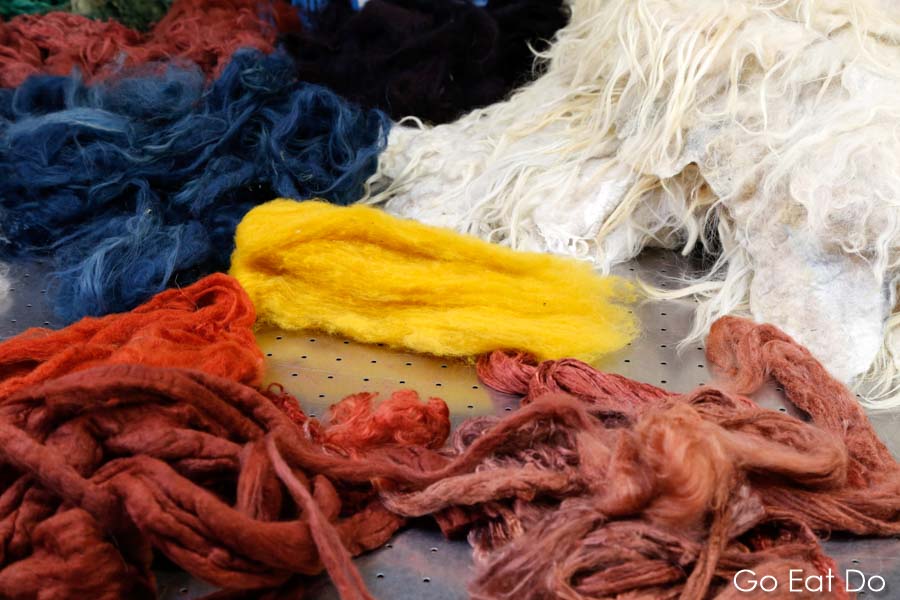
Further information
See the Claudy Jongstra website for more information about the artist’s work and how to visit De Kreake.
The Visit Friesland and Holland websites have information about places to visit and things to do in Friesland.
Illustrating photographs are by Why Eye Photography, a photography company based in northeast England. Want to commission a shoot? Please call 07947 587136 or make contact via the Why Eye Photography website.
Stuart Forster, the author of this post, is an award-winning journalist based in the northeast of England. Stuart was named Journalist of the Year at the 2015, 2016 and 2019 Holland Press Awards. He is available for commissions and can be contacted via this website. Want to sponsor a post on Go Eat Do? Please get in touch.
Sign up for the free Go Eat Do newsletter? It’s a hassle-free way of getting links to posts on a monthly basis.
If you enjoyed this post about Claudy Jongstra why not ‘like’ the Go Eat Do Facebook page to see more photos and content.
